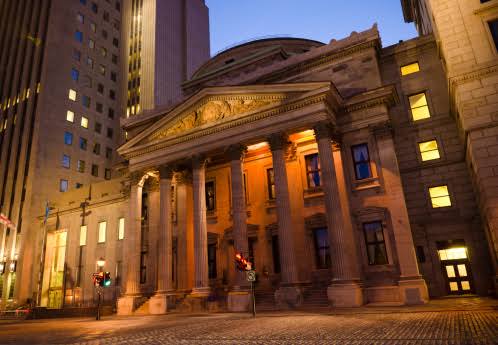Oct 26, 2022
VOT Research Desk
Breaking News
Market Insights, Considerations & Analytics
- The Bank of Canada increases the benchmark interest rate by 0.50%.
- While trading back over 1.3600, USDCAD soars upward.
The market was expecting 75 basis points when the Bank of Canada (BoC) raised its benchmark interest rate by 50 basis points. The policy rate now stands at 3.75 percent, up 75 basis points (bps) from the previous meeting in September. As rising borrowing costs begin to impact the economy, the BoC has also significantly lowered its growth projections. By the end of 2023, inflation is expected to be below 3%, which is within the Bank of Canada’s target range.
According to the policy statement, “Future rate increases will be influenced by our assessments of how tighter monetary policy is working to slow demand, how supply challenges are resolving, and how inflation and inflationary expectations are responding,” future rate hikes will be determined by the economy’s response to higher rates.
Additionally, the statement stated that there is no evidence that inflationary pressures are decreasing and that inflation remains widespread. There is still a chance that high inflation will become ingrained in people’s expectations, which could suggest that the BoC will keep raising interest rates but at a slower pace. The neutral rate for the economy, which is approximately equivalent to what the market has priced for a terminal rate, was also reiterated by the Bank of Canada.
The high levels of economic leverage keep the situation in Canada interesting. Households continue to be heavily indebted, and policymakers continue to be aware of the dangers of raising interest rates quickly. In a survey that came out a few weeks ago, households in Canada said that they expect inflation to be 5.2% in two years, which is a lot higher than the BoC’s target.
Tiff Macklem, Governor of the BoC, continues to preach hawkishly despite the severe slowdown in growth and increased risks of recession. Macklem has reiterated in recent statements that persistently high inflation is a much bigger problem than slowing growth.
As the smaller rate increase fell short of market expectations, the USDCAD soared above 1.3600 following the increase. The US dollar has lost some of its recent strength, which has resulted in a significant drop in the pair over the past week.US Treasury yields have retreated slightly from their cycle highs as markets have attempted to price in a Fed that is less hawkish. When it comes to USD crosses, the Fed is still in control, despite today’s BoC decision. USDCAD may attempt to return to the upper end of the recent range near 1.3840 if Powell once more downplays the market rally at the FOMC meeting next week.









